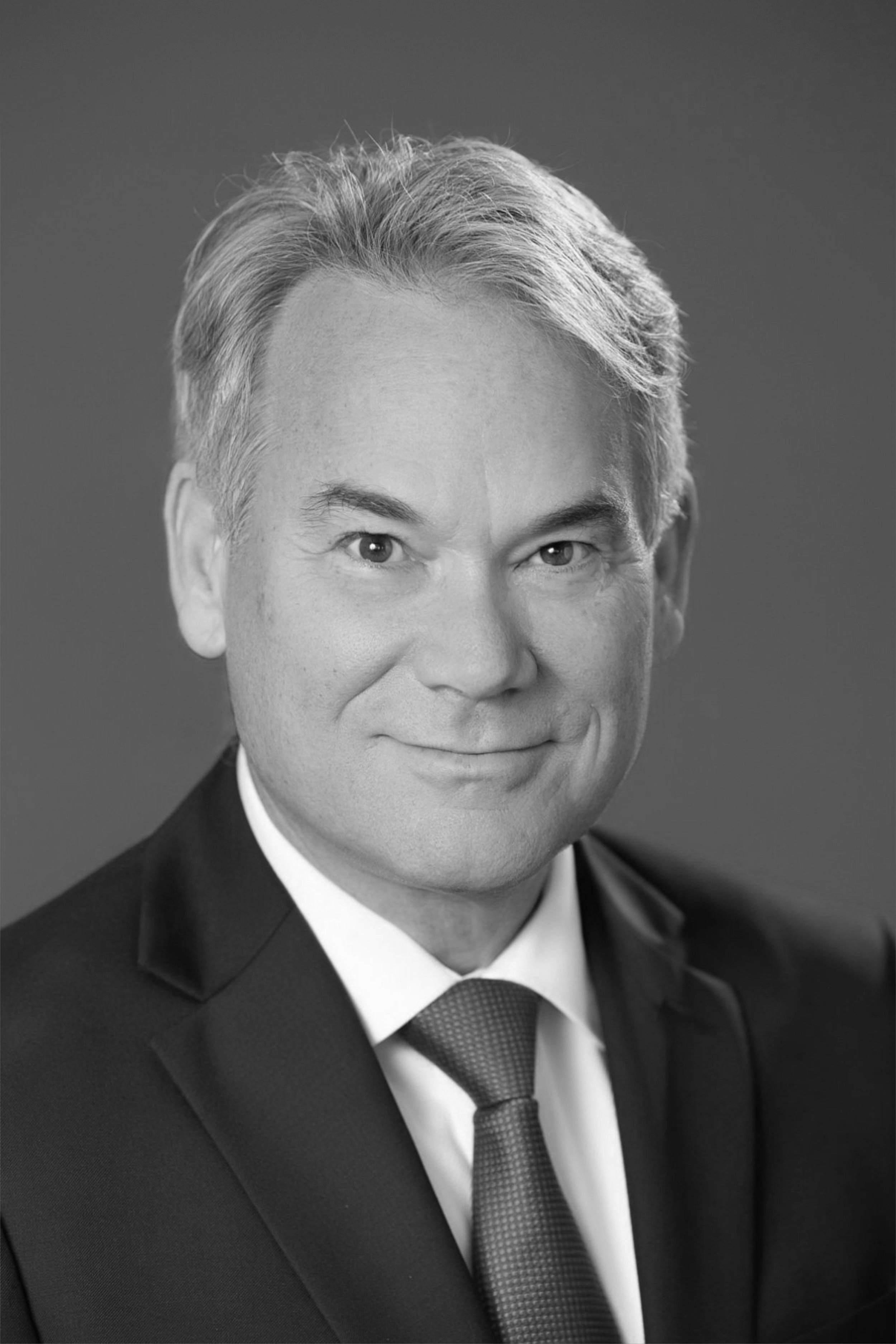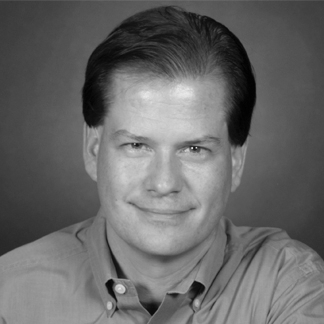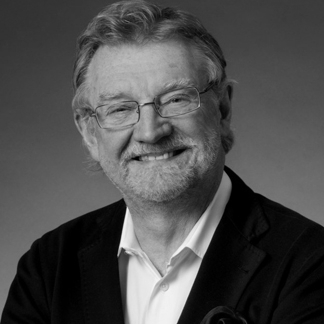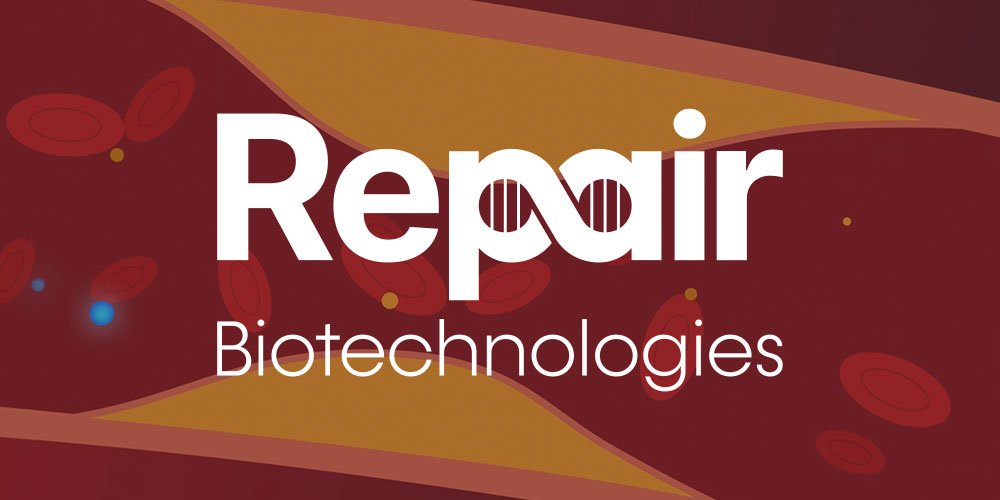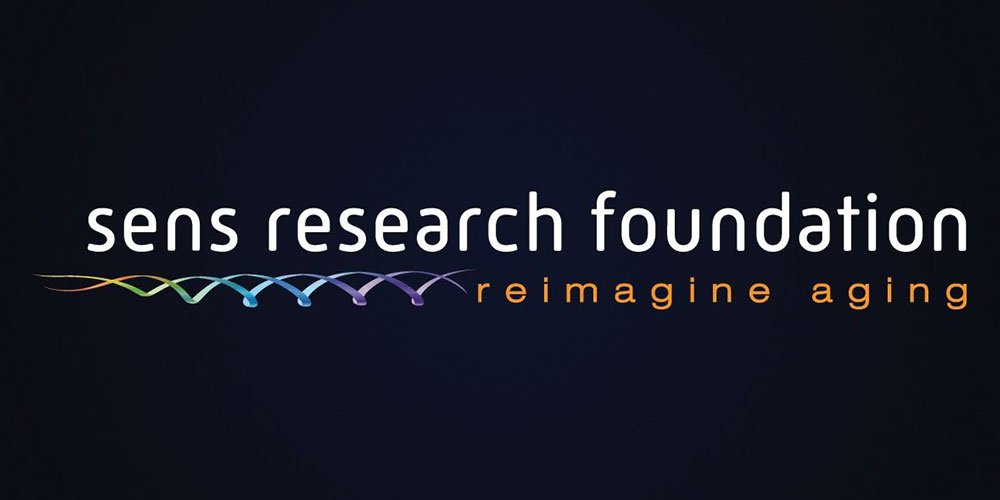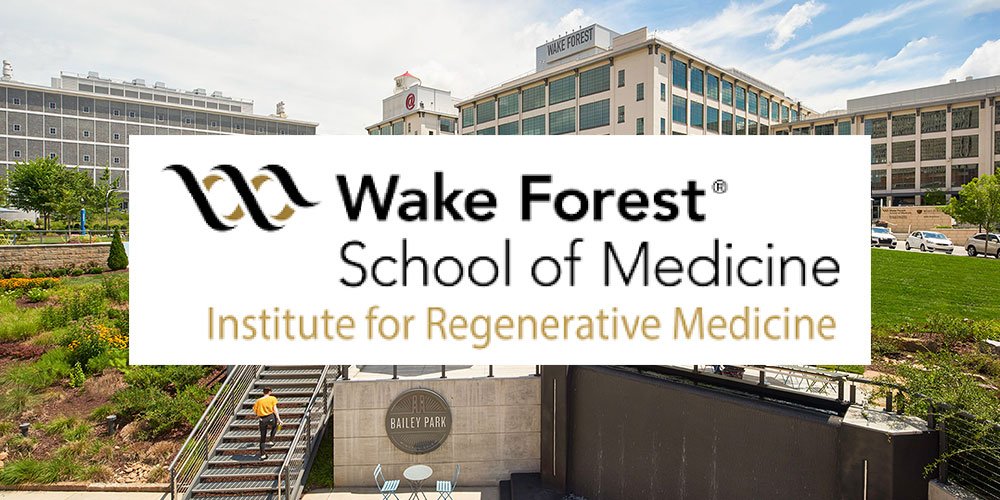Team
Founders
David Gobel, co-founder and CEO.
A philanthropist, serial entrepreneur, inventor and futurist, Gobel was one of the first people to publicly discuss the idea of longevity escape velocity, the hypothetical situation in which life expectancy is extended longer than the time that is passing.
Dane Gobel, co-founder
Gobel has held several roles with Methuselah Foundation, including operations director. He is currently program director of the Deep Space Food Challenge.
Executive Advisors
Gary Hudson, executive advisor
Hudson is executive chairman and co-founder of Oisín Biotechnologies, which is developing drugs to combat age-related diseases. He is also active in several non-profits focused on age-related disease.
Keith Murphy, executive advisor
Murphy is co-founder and CEO of Viscient Biosciences, which seeks to dismantle medicine’s reliance on animal testing by manufacturing human tissue that can be used to accurately test new medical treatments. He previously co-founded and served as CEO of Organovo, the first commercial bioprinting company.
Sergio Ruiz, executive advisor
Ruiz is co-founder and COO of Turn Biotechnologies and co-founder and managing director of the Methuselah Fund. An entrepreneur, philanthropist, and investor, Ruiz has advised in the development of several mission-aligned biotechnologies, helping them to evolve from academic investigations to commercial enterprises.
Scientific Advisors
Luis Alvarez, scientific advisor
Alvarez is the director of Organ Manufacturing at United Therapeutics, where he is developing a novel bioprinting platform to manufacture transplantable human lungs. He previously oversaw preclinical and clinical development programs at the Department of Defense Regenerative Medicine Program Office.
Dr. Anthony Atala, scientific advisor
Atala is director of the Wake Forest Institute for Regenerative Medicine and chair of the Urology Department at the Wake Forest School of Medicine.
Scott Collins, scientific advisor
A serial entrepreneur, Collins is chief strategy officer of Austin Innovation Group, an innovation consulting firm; principal at ExecHQ, founding partner of TEXGHS Innovation Consortium and serves on several corporate boards.
Dr. Gabor Forgacs, scientific advisor
Forgacs is the co-founder and chief scientific officer of Fork & Goode, a company developing a new approach to growing food. He is also co-founder of Modern Meadow, which is researching ways to use bio-fabrication technology to produce animal products. He is also co-founder of Organovo, the first commercial bioprinting company.
Dr. Armand Keating, scientific advisor
Keating is director of the Cell Therapy Program at Princess Margaret Hospital at the Ontario Cancer Institute, and director of the Division of Hematology at the University of Toronto.
Kevin Perrot, scientific advisor
Perrot is founder and CEO of OpenCures, a company using cutting-edge technology to measure health; co-founder and advisor to Oisín Biotechnologies, which is developing drugs to combat age-related diseases; co-founder and treasurer of SENS Research Foundation, and president of the Global Healthspan Policy Institute.
Dr. Maria Rapoza, scientific advisor
Maria is the executive director of the Duke University Cardiovascular Research Center at the Duke University School of Medicine. She provides executive management for cardiovascular research within Duke.
Reason, scientific advisor
Reason is co-founder and CEO of Repair Biotechnologies, a company focused on treating the cause of medical conditions resulting from accumulations of excess cholesterol in the body, and founder of FightAging.org, a longevity news provider.
Research Fellows
Maximus Peto, research fellow
Peto is director and editor-in-chief of Long Life Labs, a longevity research company. He also works with the Life Extension Foundation and the SENS Research Foundation.
Danielle Ruiz, research fellow
Ruiz, a fellow of geriatric medical research at the Foundation, is also the CEO, medical director and adult-gerontology nurse practitioner at Everest Health Partners.
Investments


